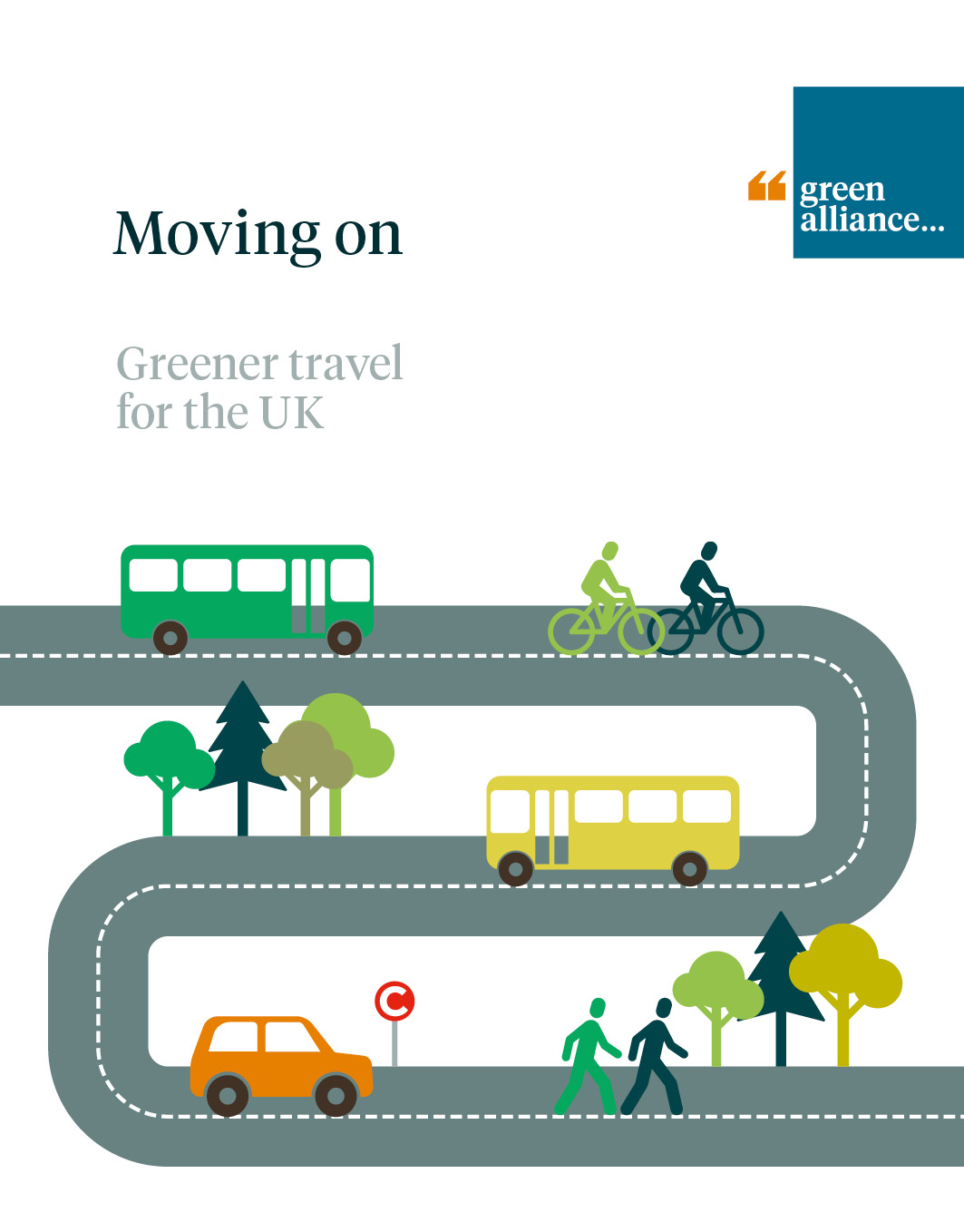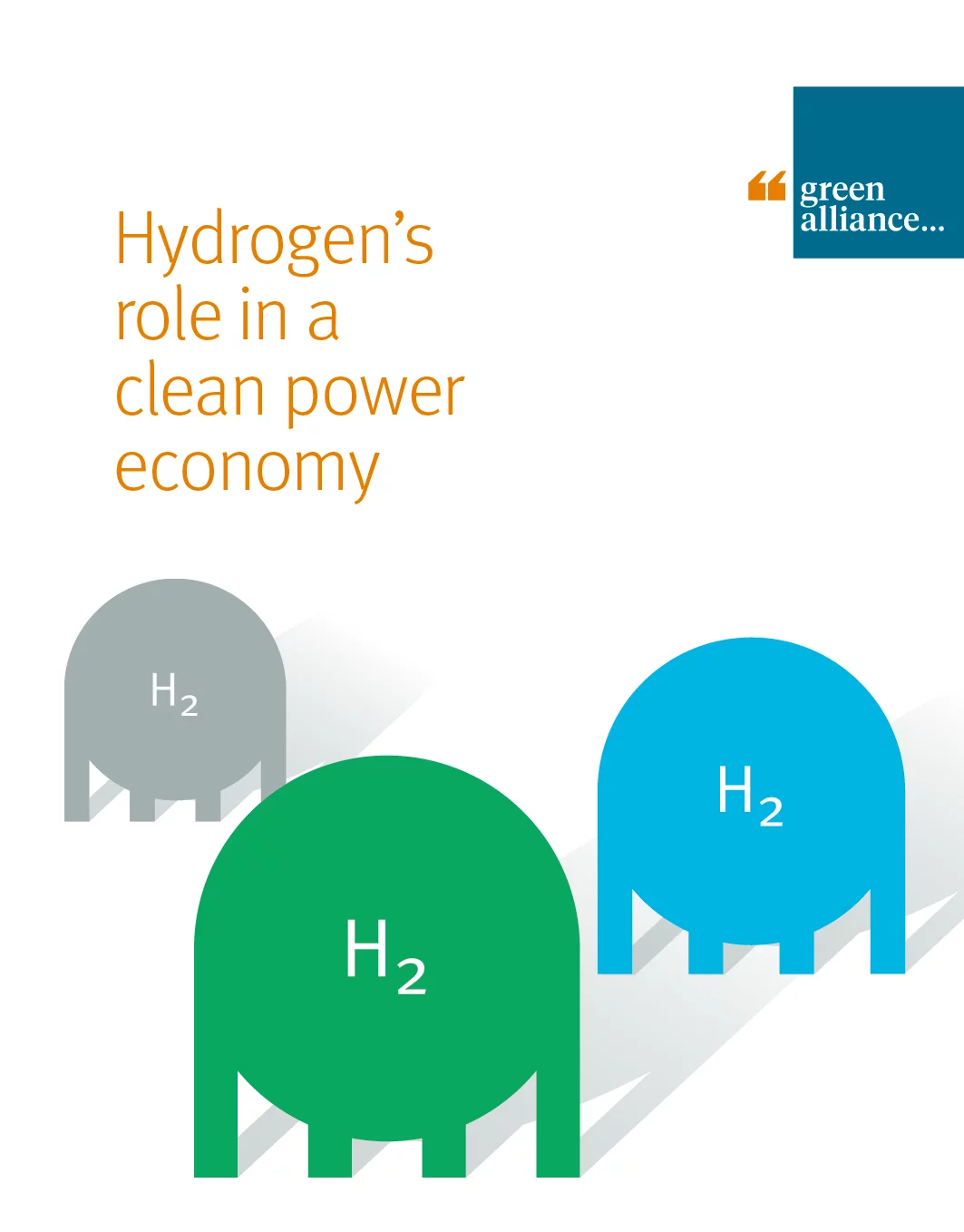Summary
Transport is the highest emitting sector in the UK, despite the rise in electric vehicles (EVs). To reduce the number of miles driven by car, we must travel differently, using more public transport, walking and cycling. This move away from cars to other types of transport is known as ‘modal shift’.
To achieve this, it is important to understand the intersections of the UK’s transport system, how the public responds to changes in policy and what the costs to the government or the public might be.
We worked with academics at the University of Cardiff to build a ‘modal shift model’ which allowed us to experiment with combinations of measures to reduce car miles driven, such as improving public transport or changing speed limits.
Its outputs show the impact a mix of policies could have, the cost to the government and users, and the revenue the government might expect to gain. Using this, we developed a set of scenarios, each designed to cut total UK car mileage by 25 per cent. This report showcases alternative transport futures decision makers could opt for to meet climate targets and the considerations to be taken into account when designing modal shift policies.
This work was supported by the Foundation for Integrated Transport and Cycling UK.
See below for links to the University of Cardiff’s model and methodology on which this report is based.
Rosie Allen
Helena Bennett
Crispin Cooper
Paul Haggar


